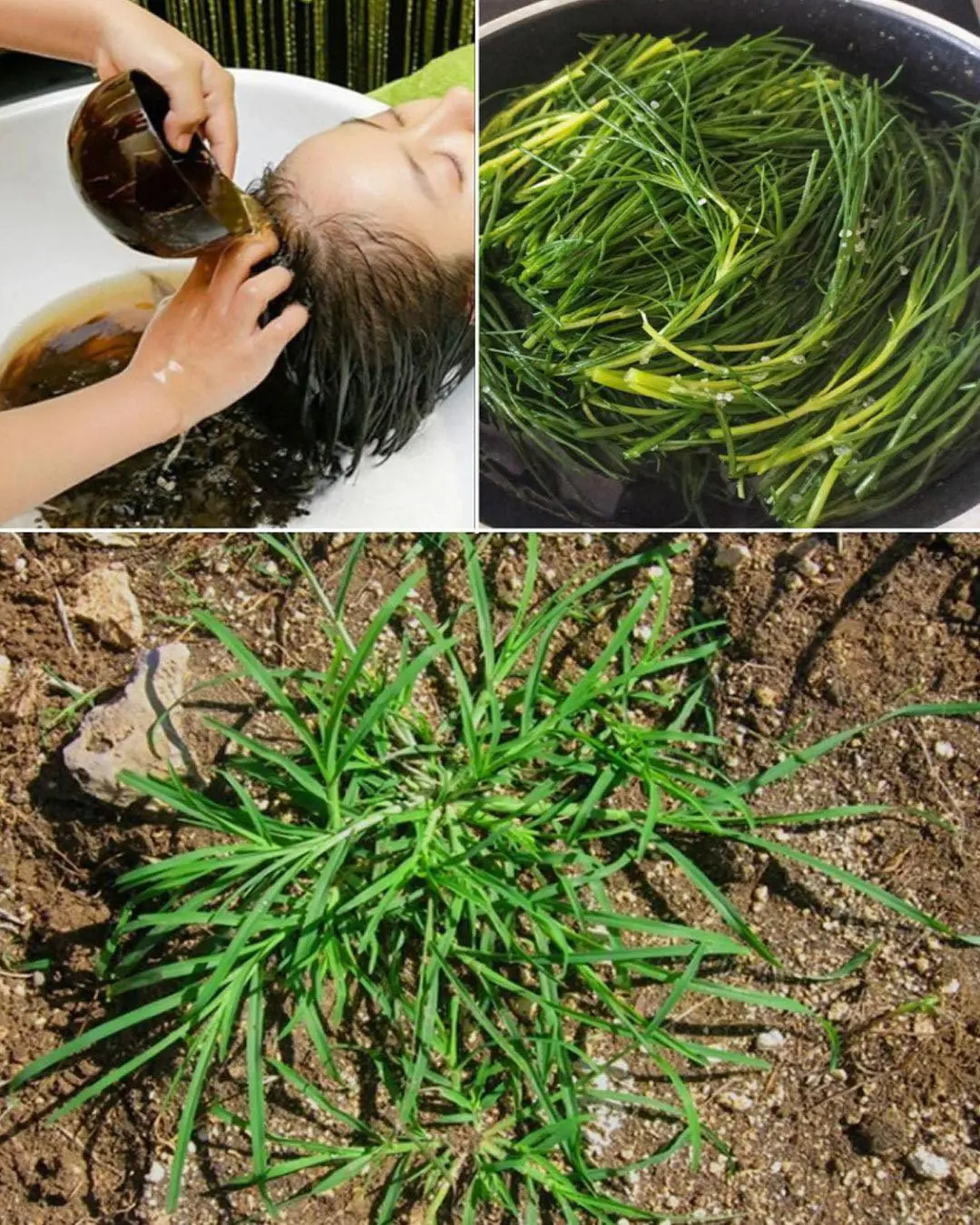
Asthma Plant Tea – Benefits and Uses of Euphorbia hirta
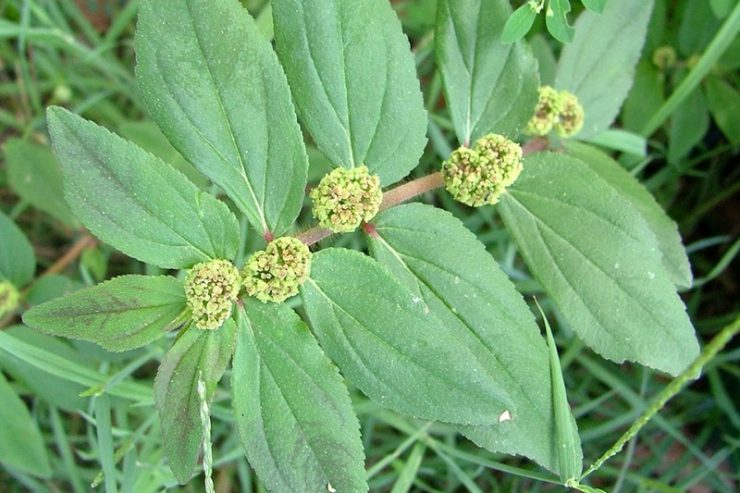
Asthma Plant (Euphorbia hirta), also known by names such as snakeweed, tawa-tawa, or gatas-gatas, is a potent medicinal herb widely used in traditional medicine, particularly in Asia and Africa. Its nickname, "asthma plant," reflects its remarkable effects on respiratory health, especially in treating asthma, bronchitis, and other lung-related conditions. Let's explore the key benefits and uses of this natural remedy.
Key Benefits of Asthma Plant Tea
1. Supports Respiratory Health
Asthma Plant is traditionally used to alleviate symptoms of asthma, wheezing, and chest tightness.
-
Bronchodilator: It helps open airways, making breathing easier.
-
Effective for Respiratory Issues: Asthma Plant is useful in treating coughs, bronchitis, and allergic respiratory conditions.
2. Natural Expectorant
This herb is known for its natural expectorant properties.
-
Mucus Removal: It helps the body expel mucus and phlegm from the lungs.
-
Cough Relief: It reduces coughing by soothing irritated respiratory linings.
3. Anti-inflammatory and Antiviral
Asthma Plant contains flavonoids and triterpenoids, both of which are known for their strong anti-inflammatory properties.
-
Viral Infections: It is traditionally used to help fight viral infections, especially dengue fever (in the Philippines and India), and increase platelet count.
4. Anti-allergic Action
Asthma Plant may help alleviate allergic rhinitis, hay fever, and skin allergies.
-
Immune Response: It stabilizes the immune response, helping to reduce allergic reactions.
5. Mild Diuretic and Detoxifier
This plant acts as a mild diuretic, promoting urine flow and helping to flush out toxins.
-
Urinary Support: It may assist in managing urinary tract infections (UTIs) and support kidney health.
6. Antibacterial and Antifungal
Asthma Plant is effective against various pathogens that cause infections in the gut and skin.
-
Traditional Uses: It is traditionally used to treat intestinal worms, dysentery, and fungal skin infections.
7. Wound Healing and Skin Health
When applied externally, Asthma Plant or its tea can help treat wounds, rashes, and insect bites.
-
Skin Healing: It promotes skin health and accelerates the healing process of cuts and rashes.
How to Make Asthma Plant Tea
Ingredients:
-
1–2 teaspoons of dried Euphorbia hirta leaves or 1 small handful of fresh plant (leaves and stems)
-
1–2 cups of boiling water
-
(Optional) Honey or lemon for taste
Instructions:
-
Wash the fresh plant material thoroughly.
-
Steep the plant in hot water for 10–15 minutes.
-
Strain and serve warm.
-
Drink 1–2 cups per day for 7–10 days as part of a natural healing regimen.
Precautions
-
Avoid Overuse: This plant contains latex-like sap, which can be potent in large quantities.
-
Pregnancy and Breastfeeding: Avoid consumption during pregnancy and breastfeeding.
-
Source Carefully: Ensure the plant is sourced from chemical-free environments (avoid roadside or polluted areas).
-
Consult a Healthcare Provider: If you are on medication for asthma or other chronic conditions, consult a healthcare provider before use.
Asthma Plant Tea is a powerful and natural remedy, deeply rooted in traditional herbal medicine. With its diverse health benefits, from supporting lung function to fighting infections, it is a valuable addition to any natural health routine. Used wisely and in moderation, it can provide gentle yet effective relief for conditions like asthma, coughs, and more.
News in the same category

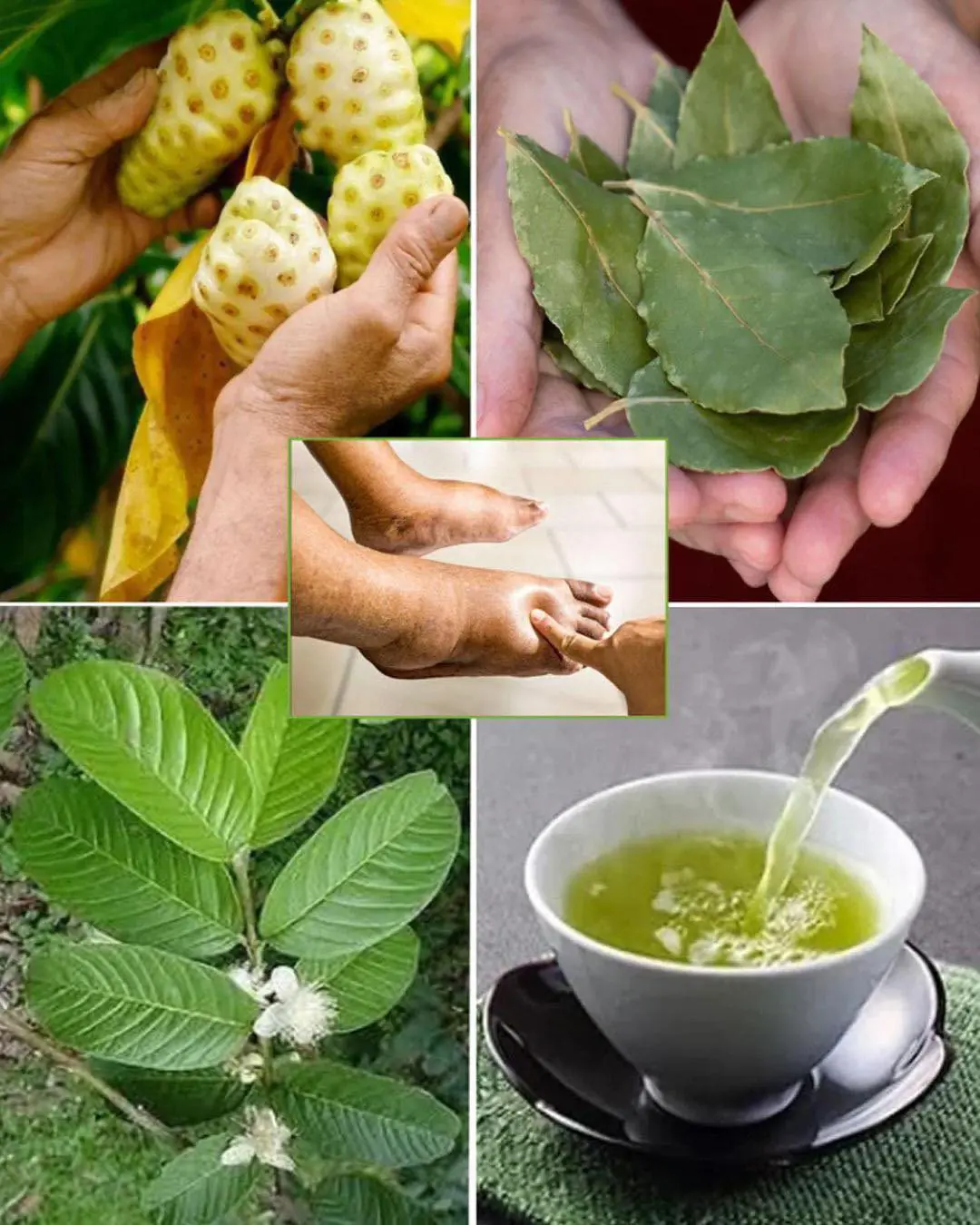
The Ultimate Healing Tonic: A Powerful Drink to Combat Swollen Feet, Diabetes and Poor Circulation
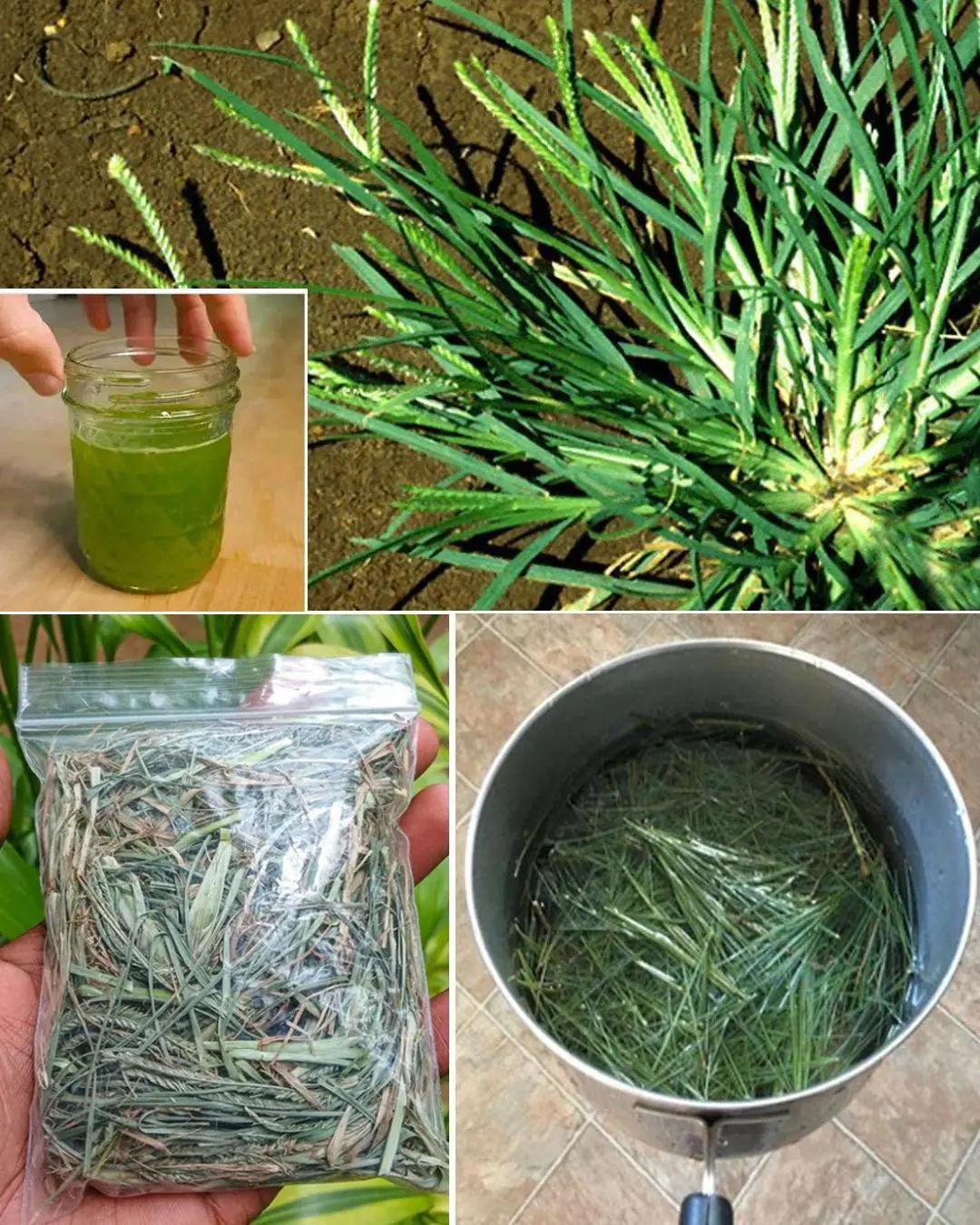
Goosegrass: Health Benefits and Uses
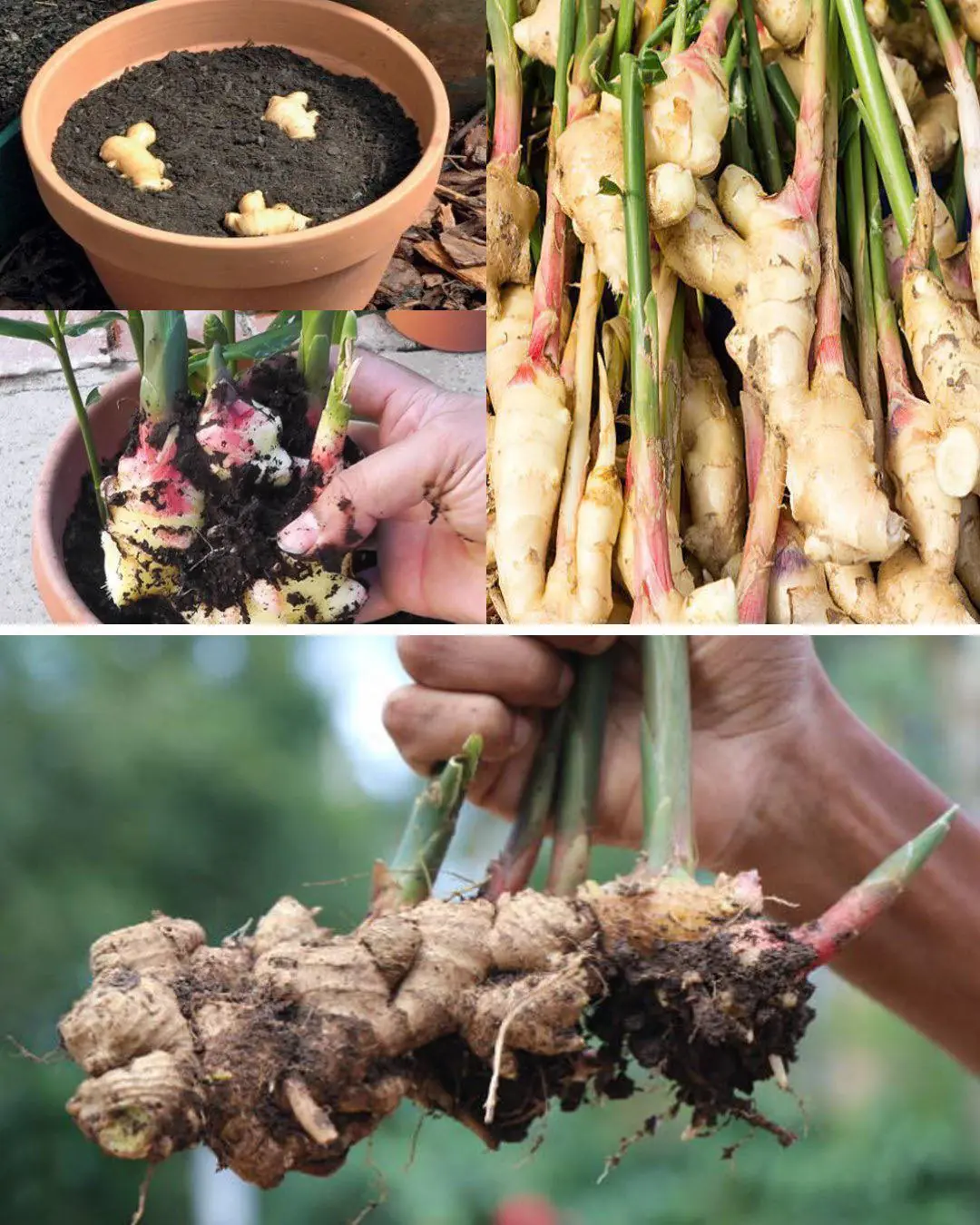
How to grow ginger at home to have an endless supply (and make it flower)
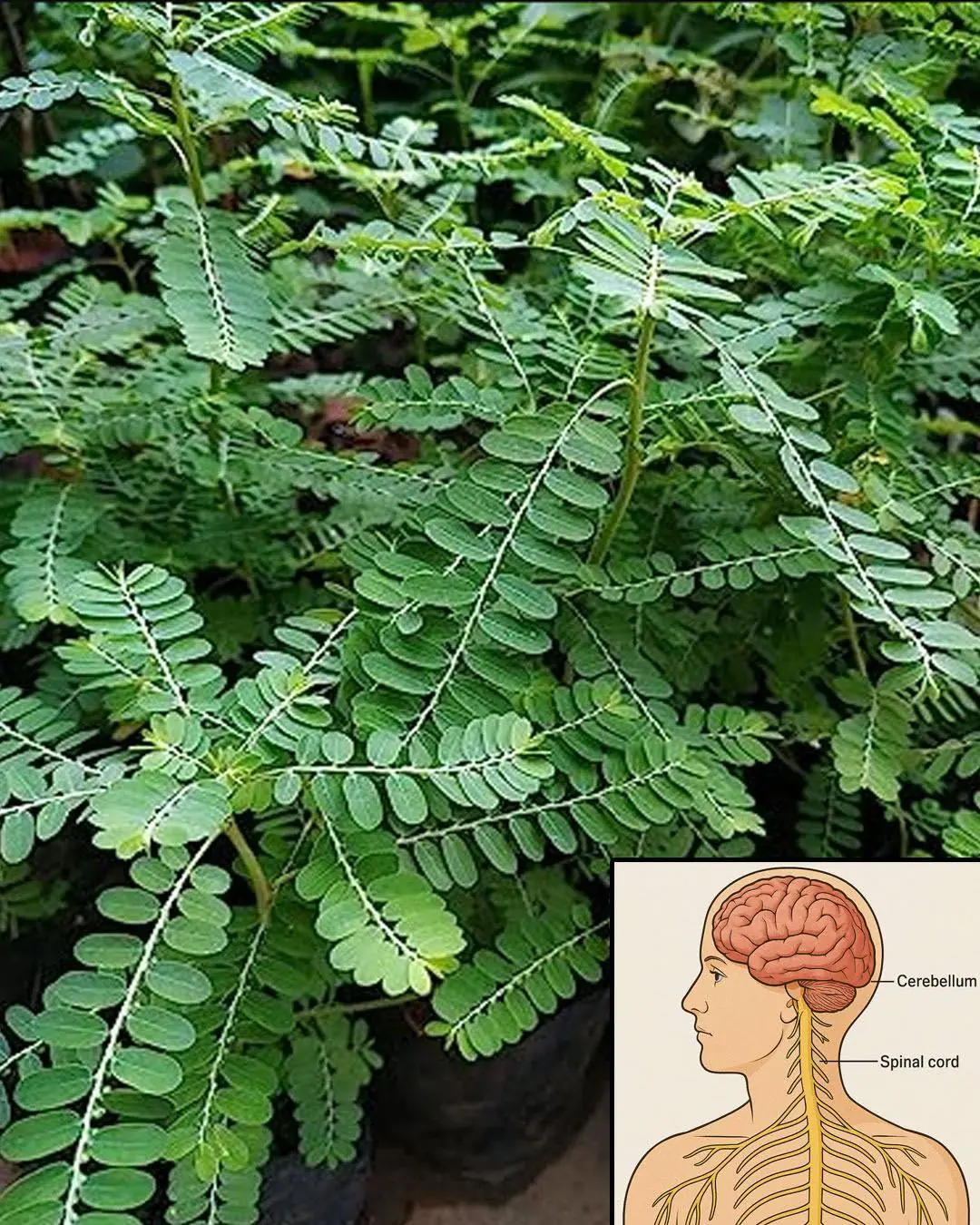
Chanca Piedra (Stonebreaker): Benefits and Uses
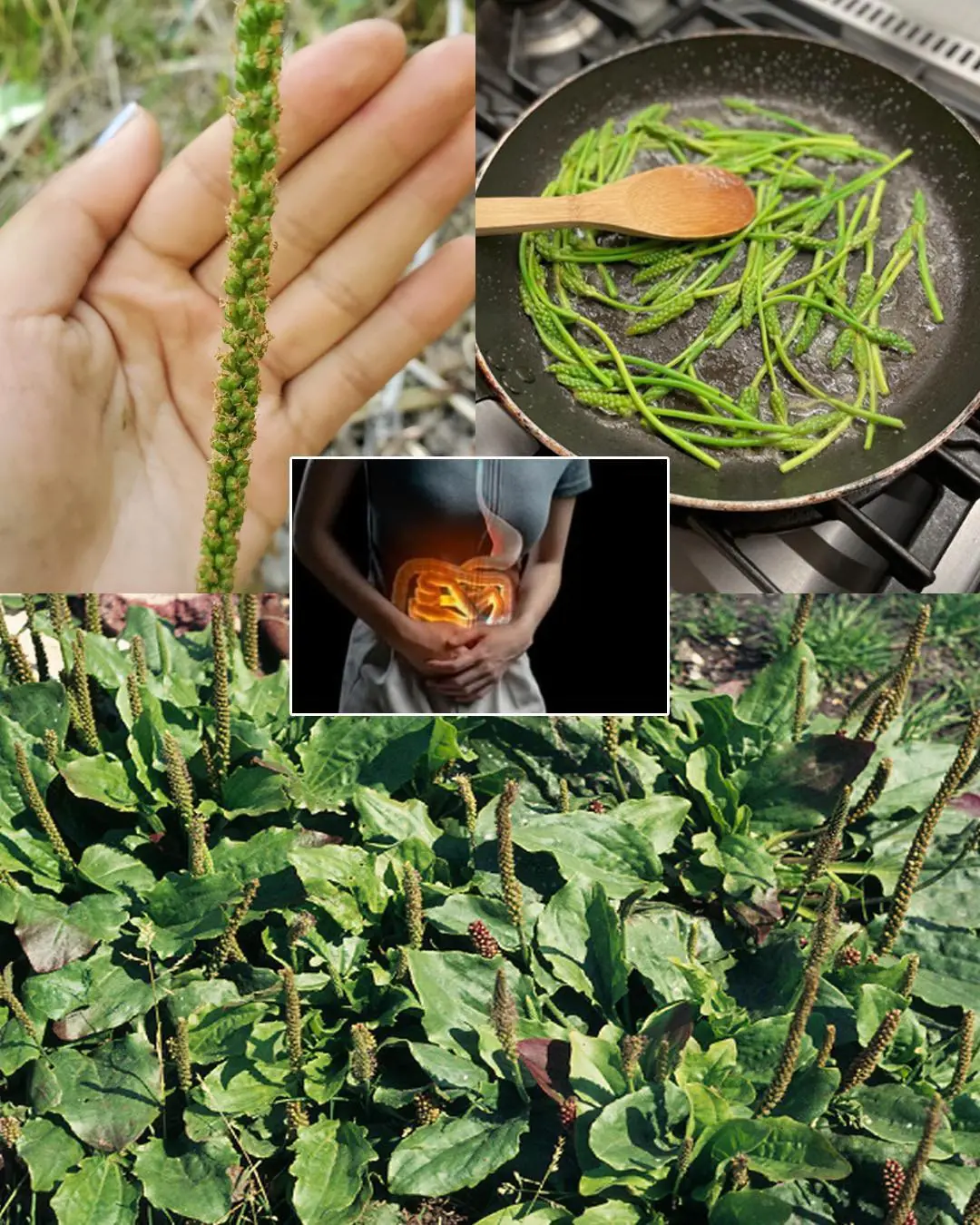
7 benefits and uses of Plantago Major
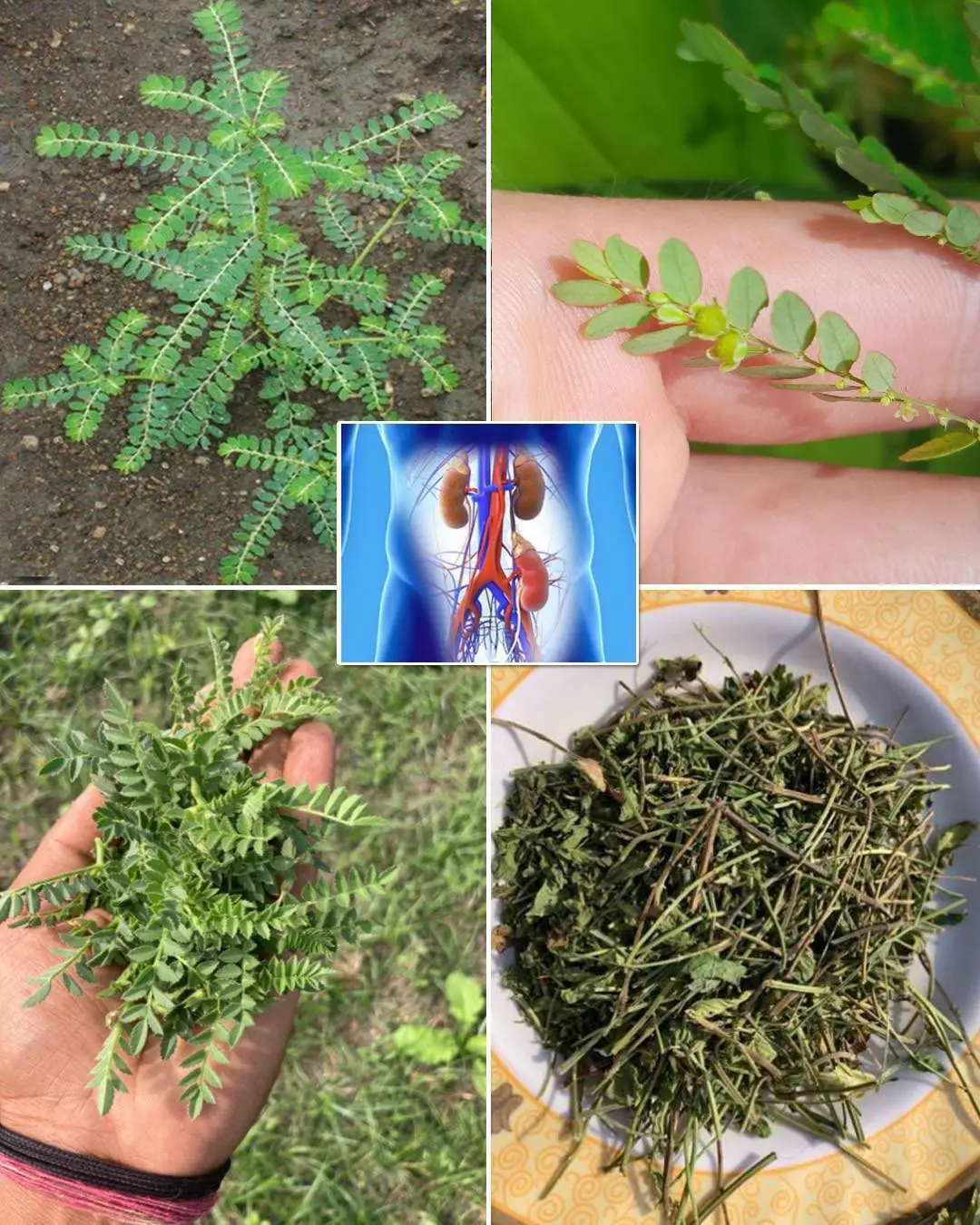
Chanca Piedra (Stonebreaker): Benefits and Uses

The Best Way to Use Vaseline and Lemon on Skin for Dark Spots, Wrinkles, and a Natural Glow (Safely!)

7 Powerful Fruits That May Help Prevent and Fight Cancer

The effects of onions you must know immediately about its uses
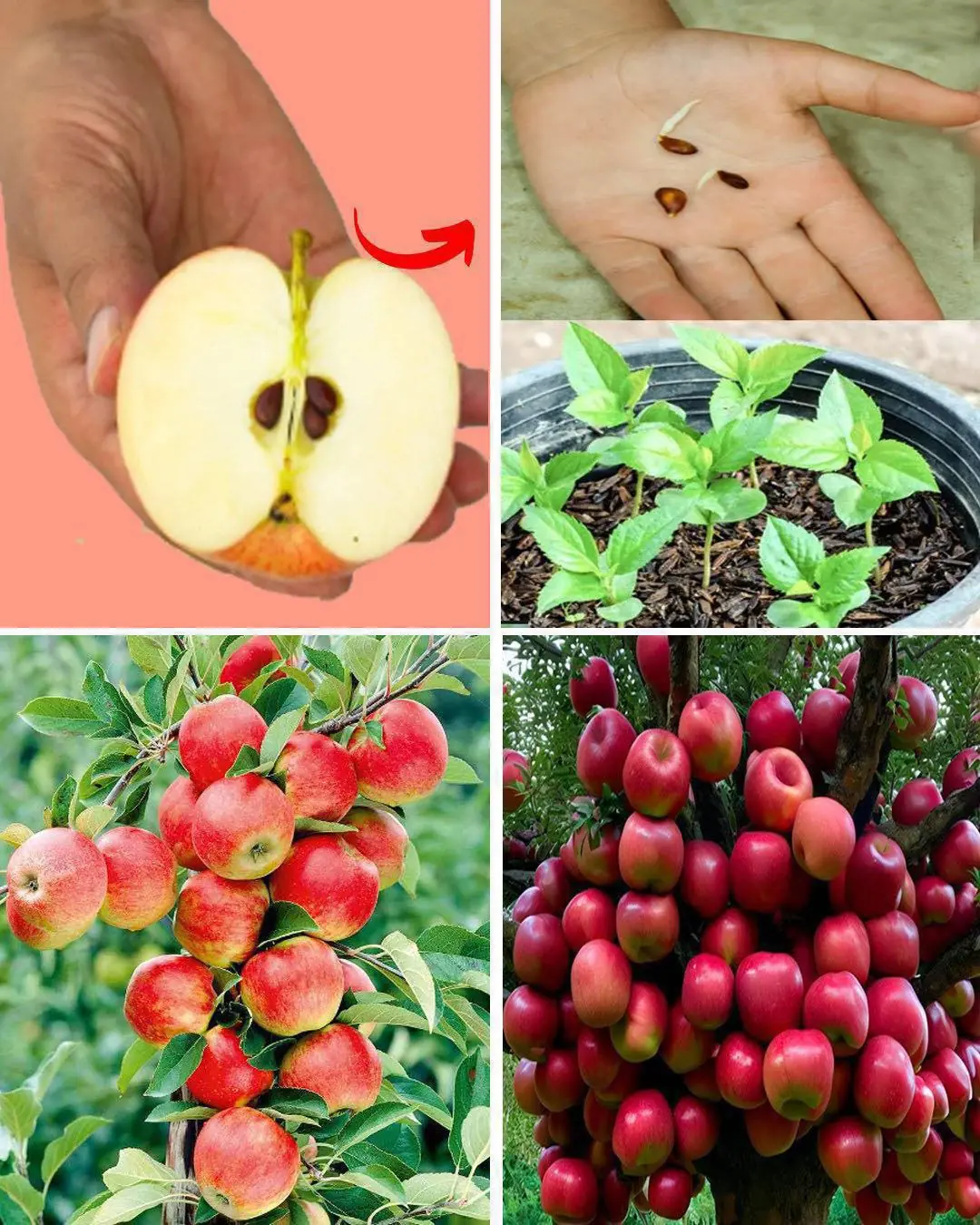
How to Grow an Apple Tree from SEED to FRUIT in 3 YEARS!
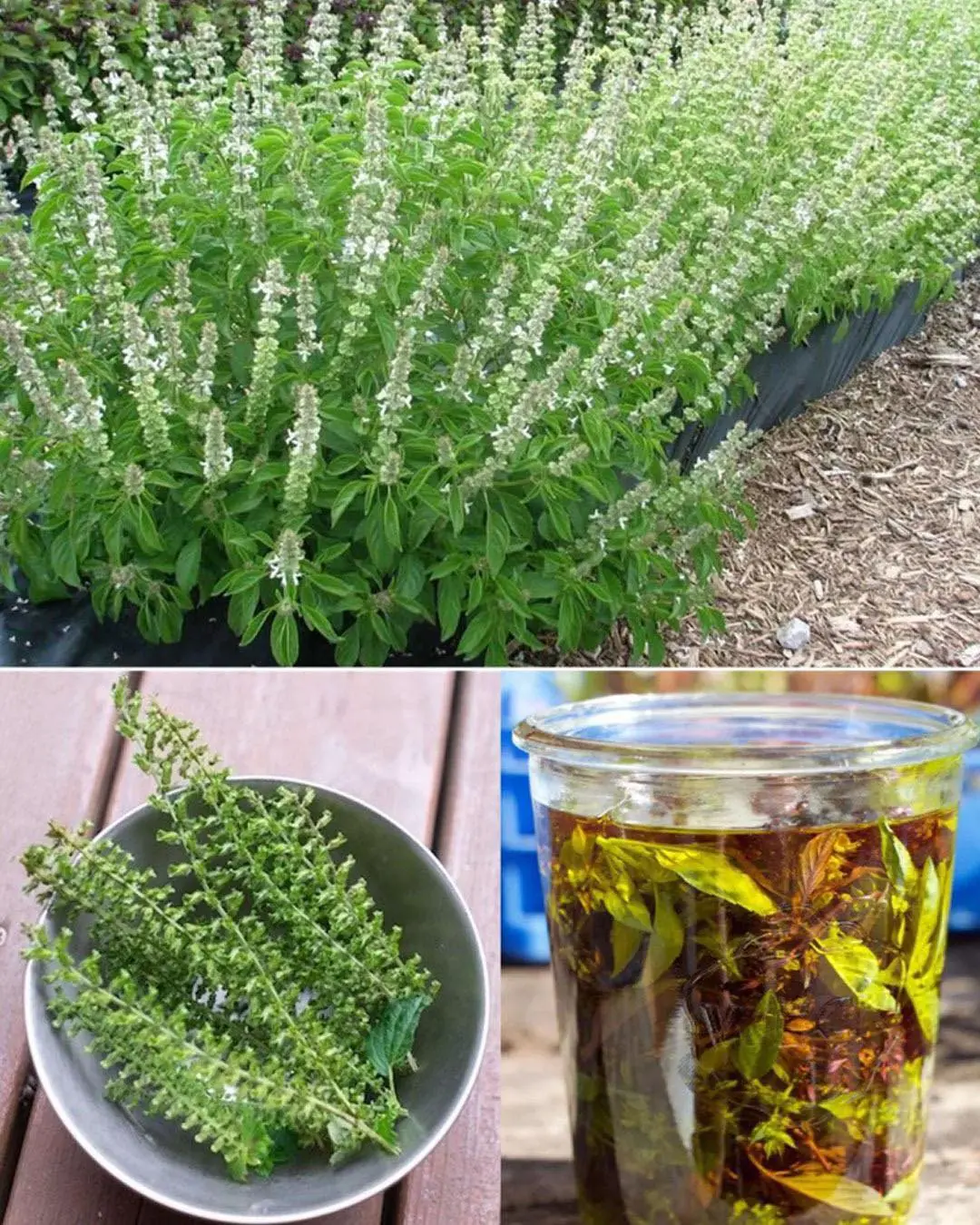
Basil flowers uses and benefits
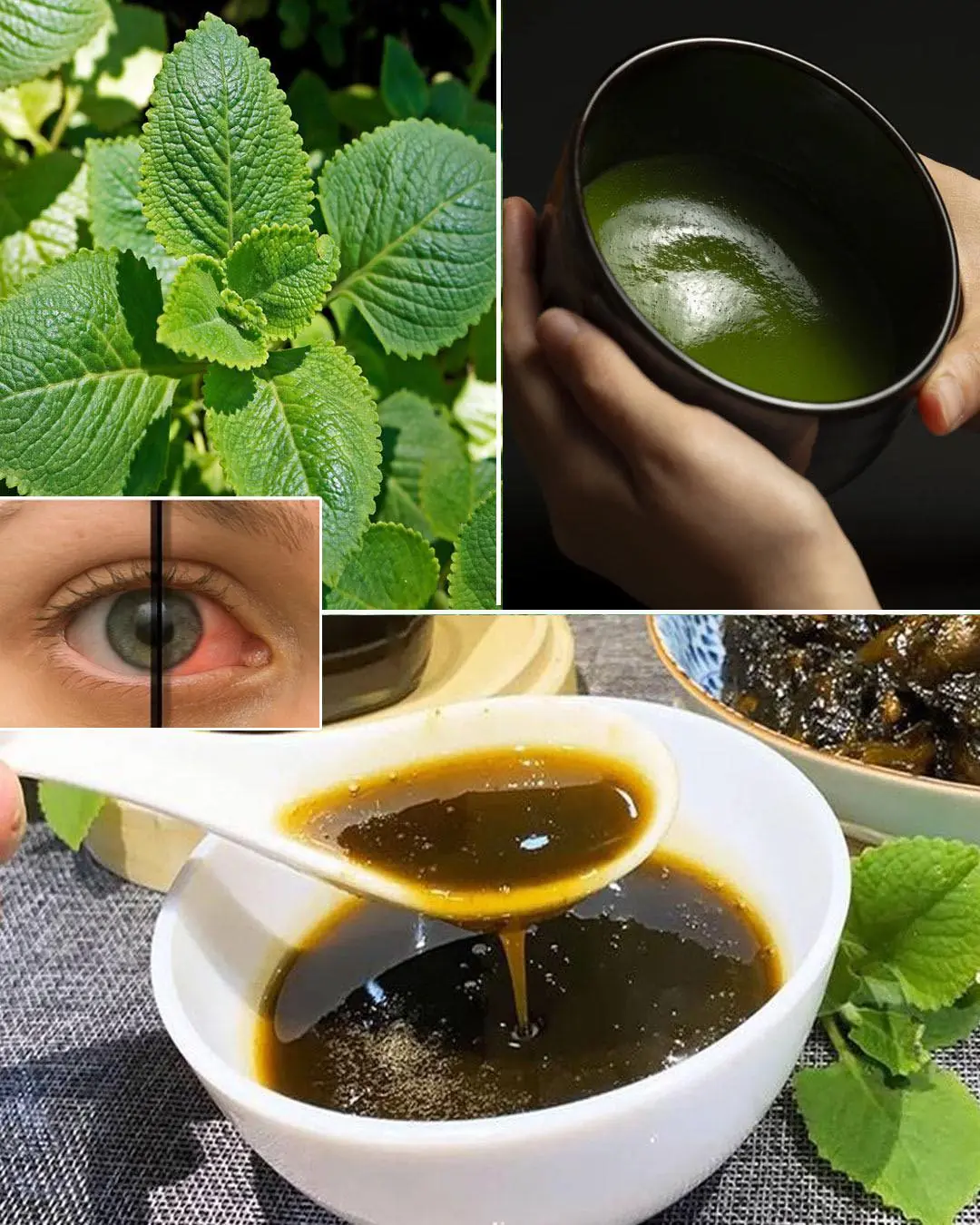
Oregano: The Golden Herb for Eye Health
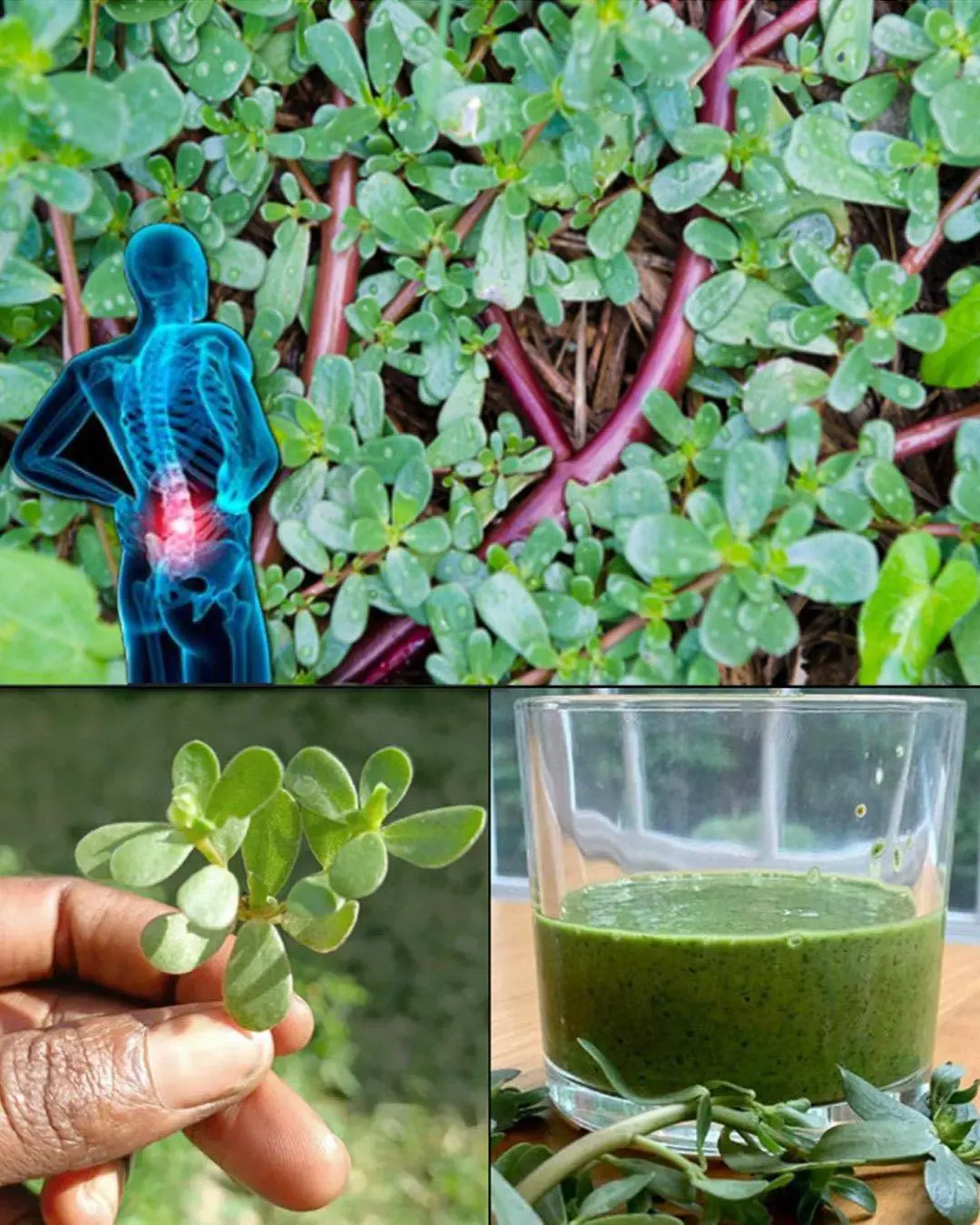
Purslane: The Superfood That Tastes Better Than Meat – 7 Reasons to Grow It in Your Garden
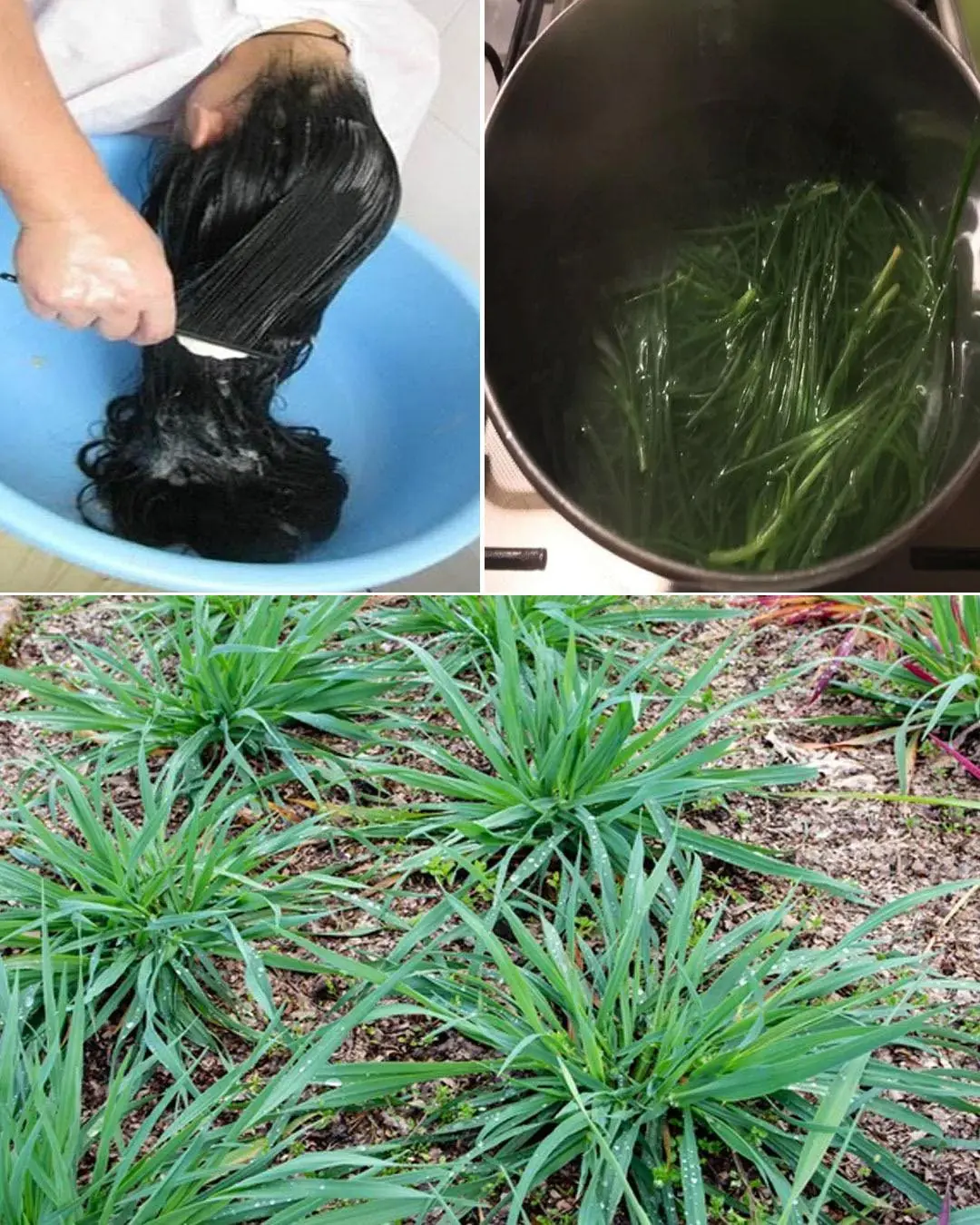
Crabgrass for Hair Loss: Natural Remedies and Uses
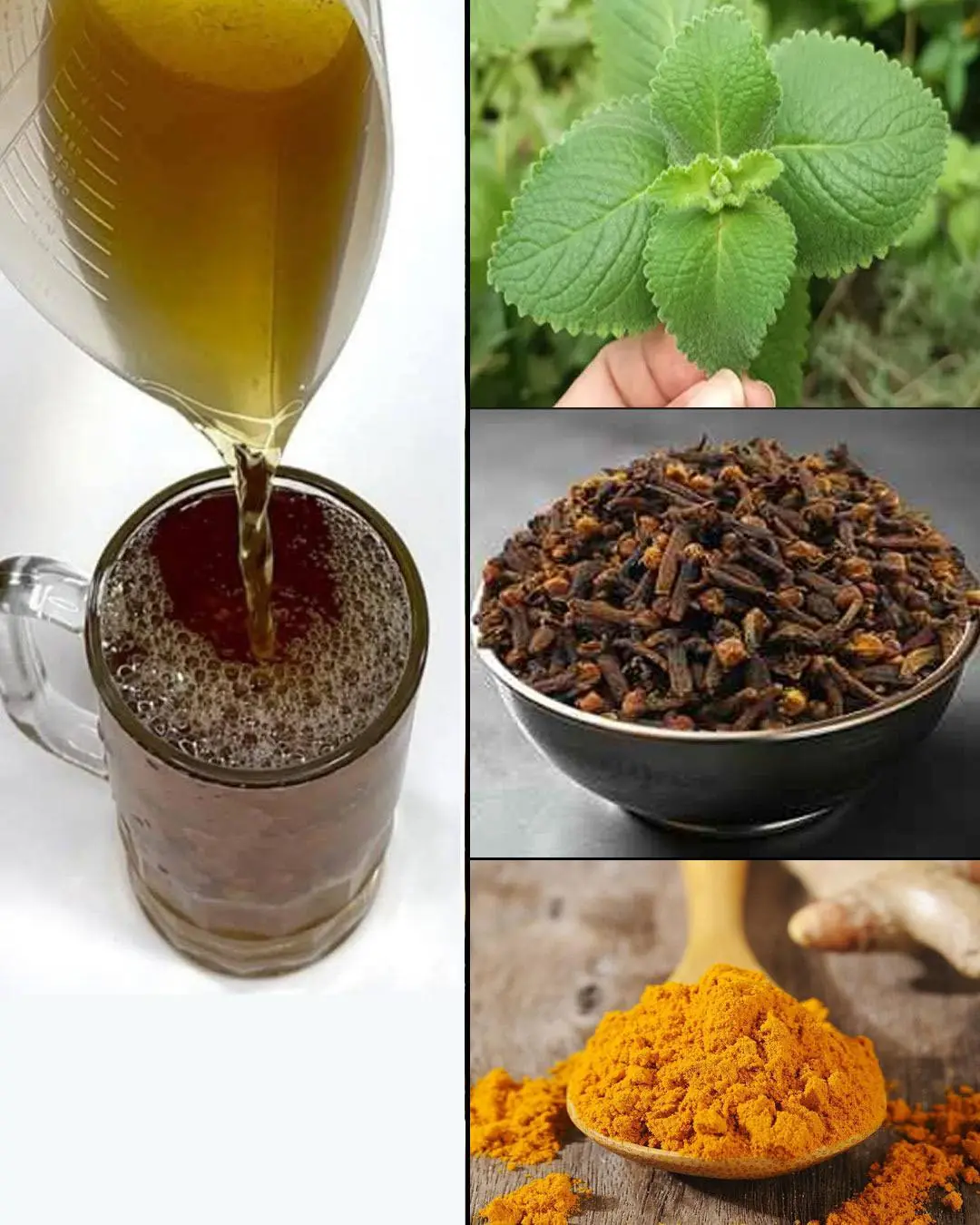
Cuban Oregano, Cloves & Turmeric: The Natural Remedy for Pain, Inflammation, and Immunity Boost
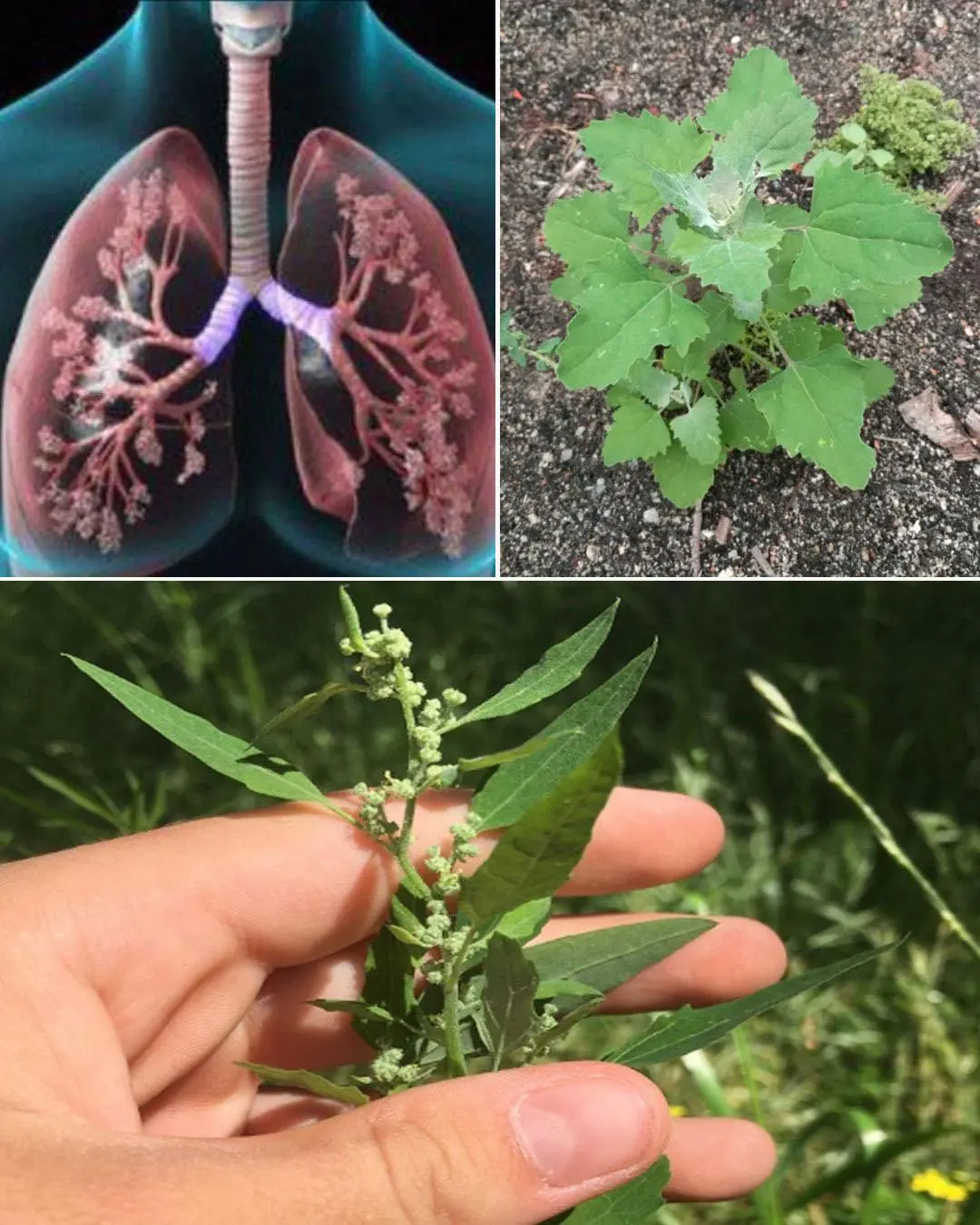
Lamb’s Quarters/Wild Spinach a superfood with health benefits
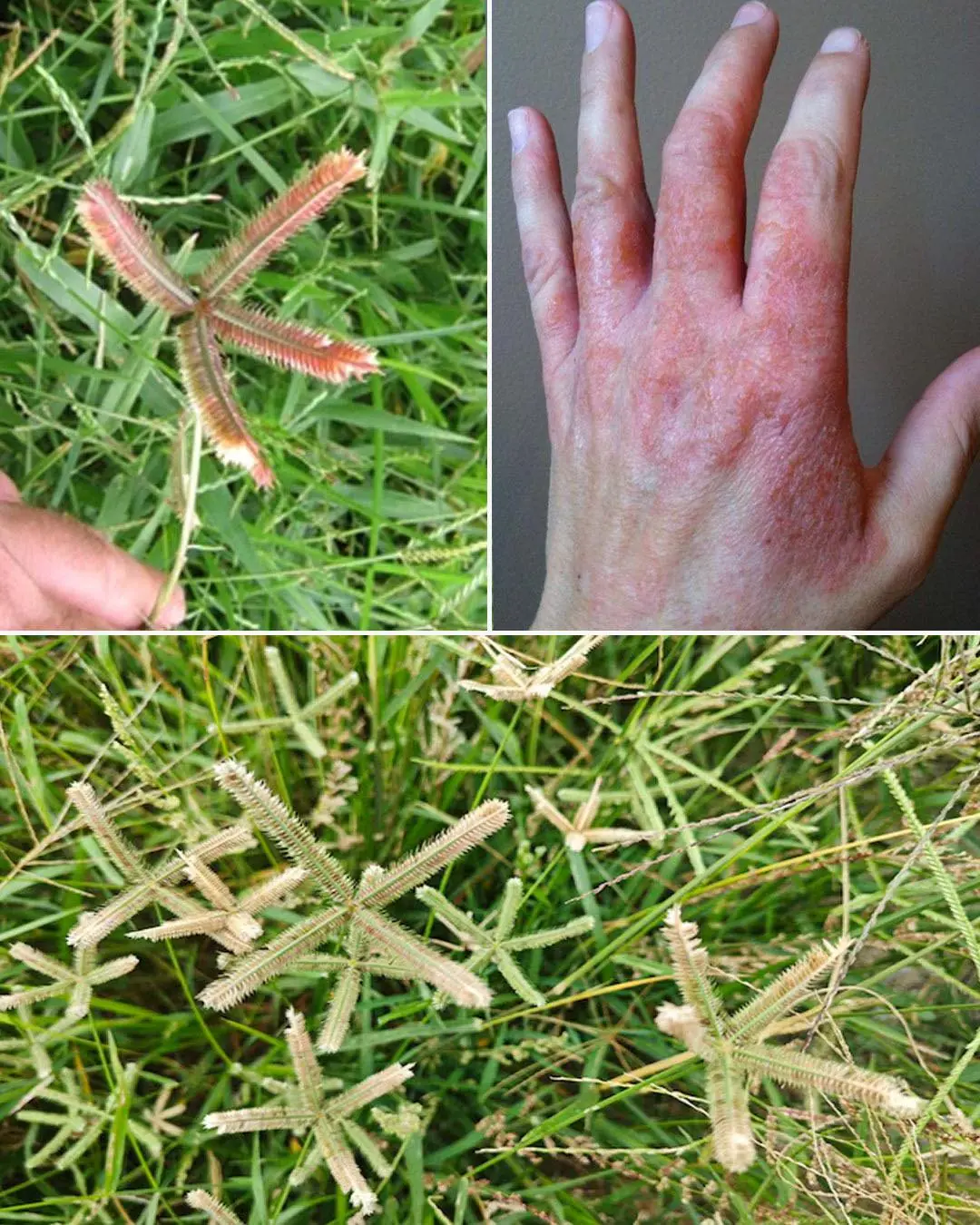
Crowfoot Grass Benefits: The Overlooked Weed With Powerful Healing Properties

Say Goodbye to Blackheads with Just One Egg
News Post

Prince Harry Had Two Close Encounters with Known Stalker During Recent U.K. Visit
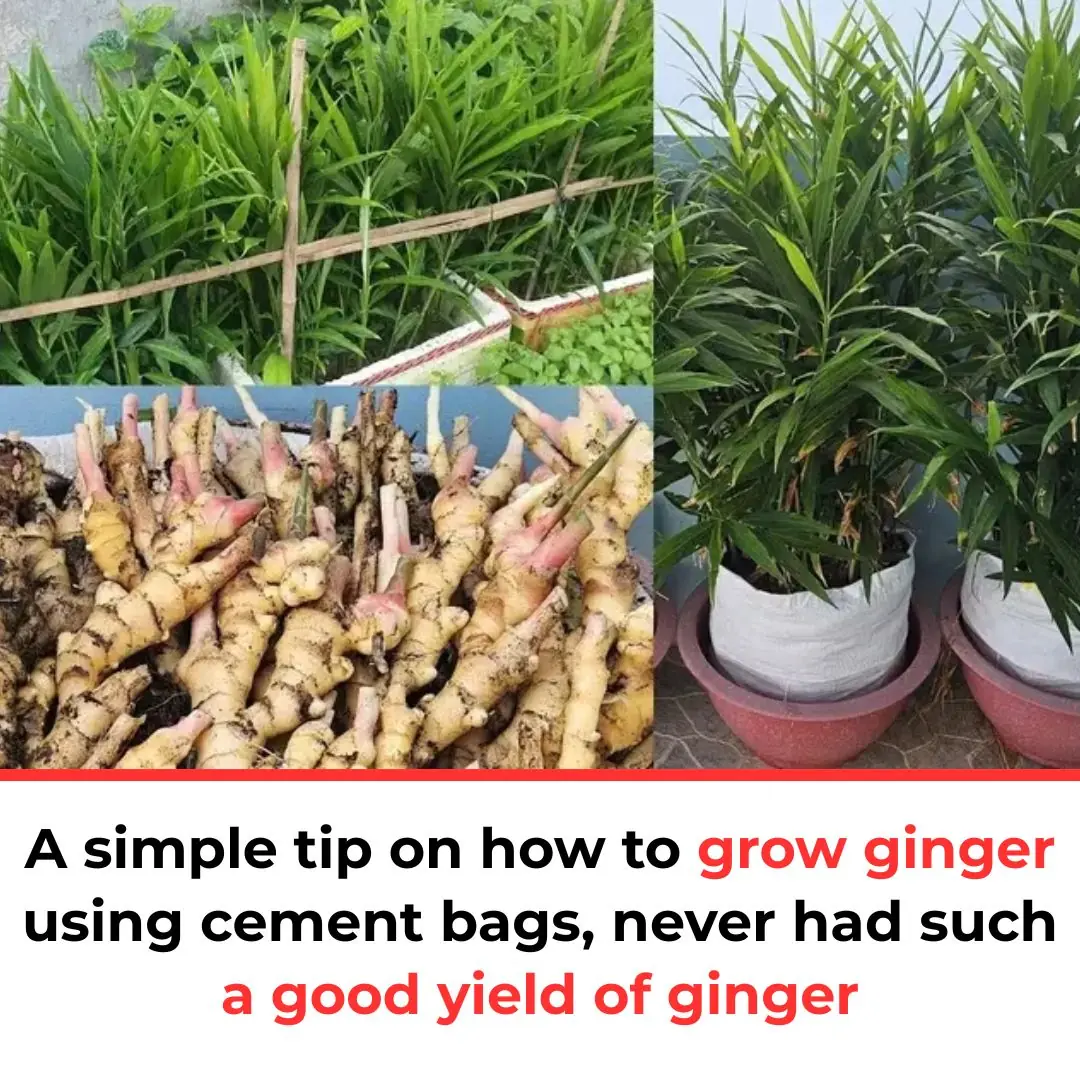
A simple tip on how to grow ginger using cement bags, never had such a good yield of ginger

Blanching pork in boiling water, you think it's clean but it absorbs more dirt: This is the right way to do it

Married at First Sight UK fans crown 'best match' after two weeks

Selena Gomez’s kidney donor, Francia Raisa, addresses wedding snub and feud rumors

David Ortiz sparks awkward moment on Fox postgame show: ‘Sounds like Hitler’

Crabgrass for Hair Loss: Natural Remedies and Uses

The Ultimate Healing Tonic: A Powerful Drink to Combat Swollen Feet, Diabetes and Poor Circulation

Goosegrass: Health Benefits and Uses

How to grow ginger at home to have an endless supply (and make it flower)

Chanca Piedra (Stonebreaker): Benefits and Uses

7 benefits and uses of Plantago Major

Chanca Piedra (Stonebreaker): Benefits and Uses

A Call for Help at 2 AM: How One Officer Changed a Boy’s Life with Compassion

Ten Minutes From Tragedy—A Dog’s Warning Changed Everything!

Teen Builds $500 Dialysis Machine That Works Faster Than Hospital Models

A Split-Second Decision: Mother’s Quick Thinking Saves a Child

A Letter from My Doggy Heart
